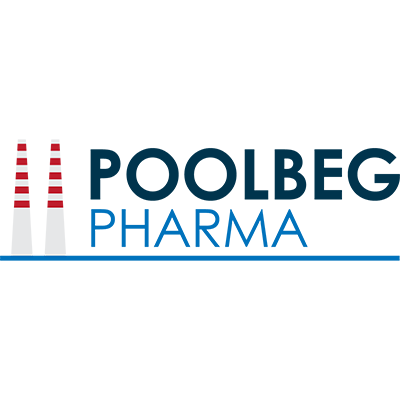Poolbeg Pharma Plc (LON:POLB, OTCQB: POLBF), a biopharmaceutical company focussed on the development and commercialisation of innovative medicines targeting diseases with a high unmet medical need, has announced that the Japanese Patent Office has notified the Company of its official decision to grant Poolbeg’s Immunomodulator II patent application.
The claims cover the pharmaceutical composition of POLB 001 for treating severe influenza in a hospitalised patient in combination with antiviral compounds, further strengthening the Company’s robust intellectual property in the territory. The formal granted patent will be received in due course.
In addition, further to the Company’s announcement on 20 September 2023, it has received the fully granted patent for Immunomodulator I from the Japanese Patent Office.
Poolbeg Pharma Plc has a worldwide licence for POLB 001 for all uses in humans and is developing a strong IP portfolio with patents in place, including Immunomodulator I and Immunomodulator II, covering the use of the class of p38 MAP kinase (mitogen-activated protein kinase) inhibitors for the treatment of severe influenza and the use of POLB 001 for the treatment of hypercytokinaemia. The Company continues to seek broader patent protection for POLB 001 and p38 MAP kinase inhibitors in general around the treatment and prevention of severe influenza and hypercytokinemia, and has also filed patent applications, to expand its IP around POLB 001, to the use of p38 MAP kinase inhibitors alongside cancer immunotherapies, enhancing the value and attractiveness of POLB 001 to potential pharma partners.
Jeremy Skillington, PhD, Chief Executive Officer of Poolbeg Pharma, commented: “The grant received from the Japanese Patent Office highlights the progress we are making in developing our patent portfolio. By strategically growing this exciting molecule’s intellectual property portfolio, we aim to enhance its overall value for our partners. POLB 001 stands poised to make a substantial impact on global health and has tremendous potential to address unmet medical needs worldwide across multiple disease areas.”








































